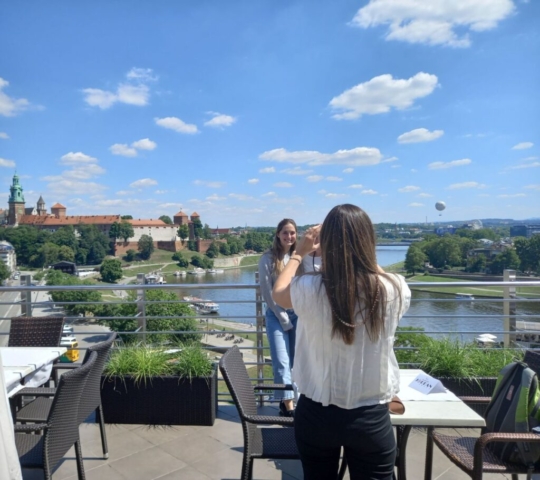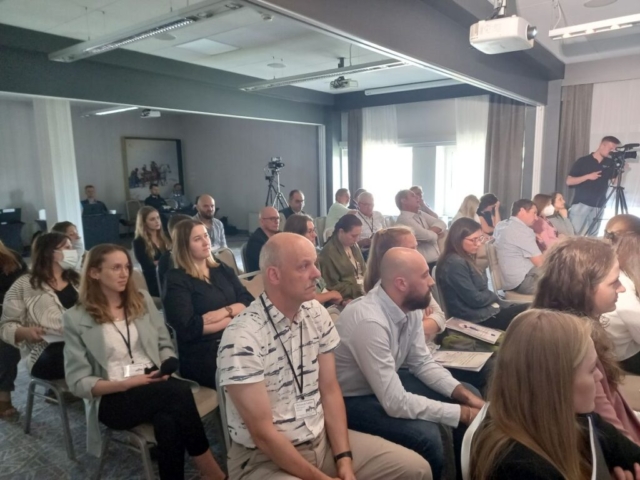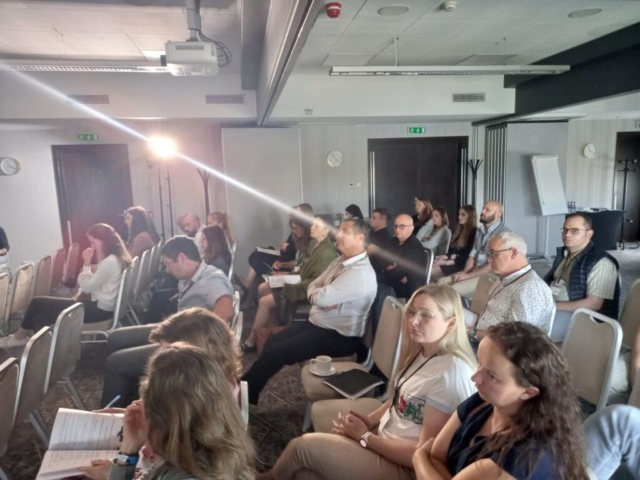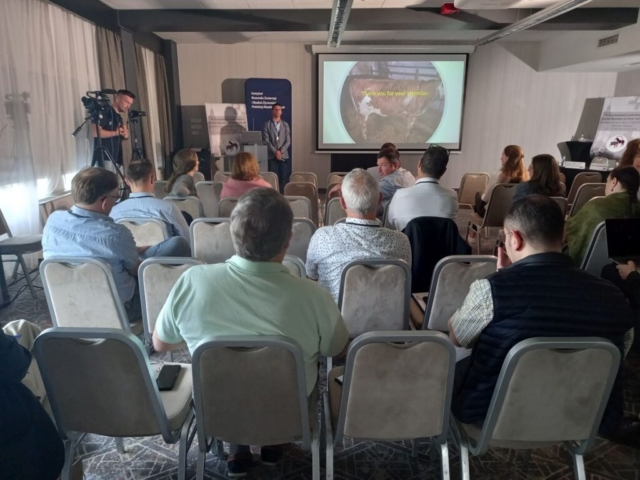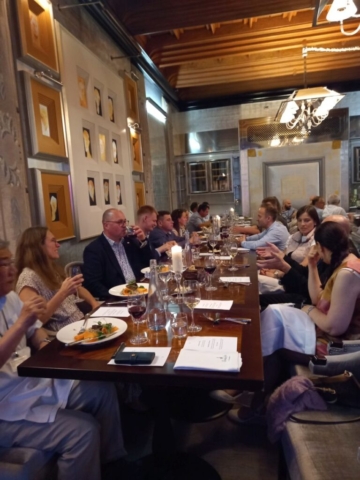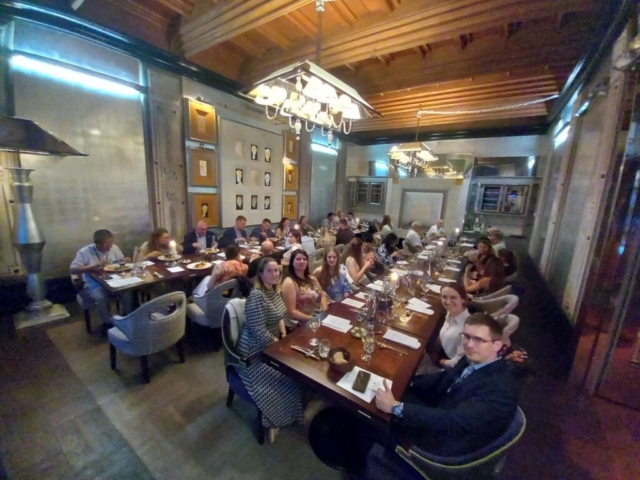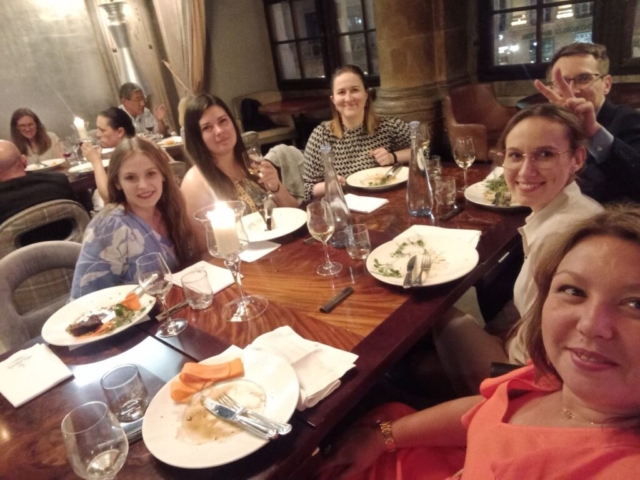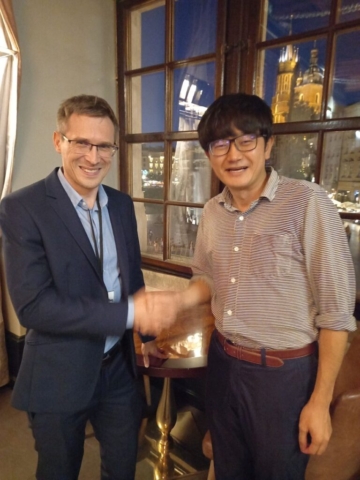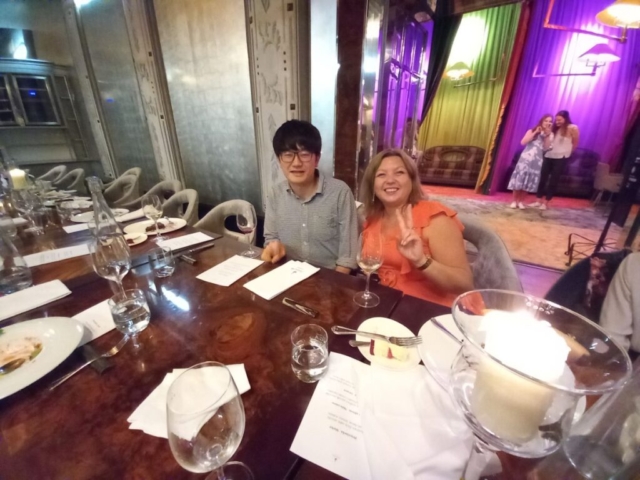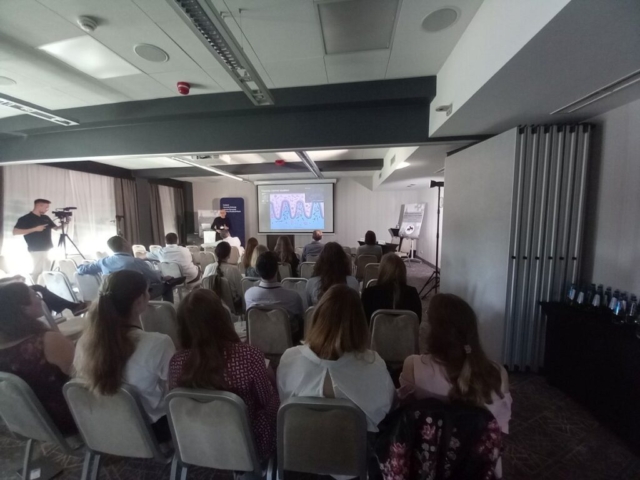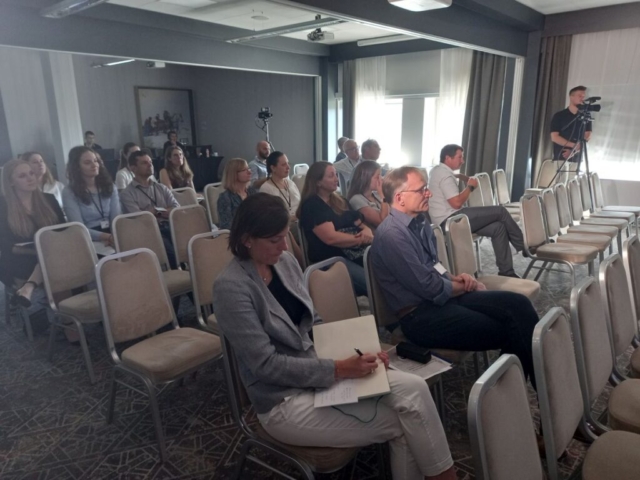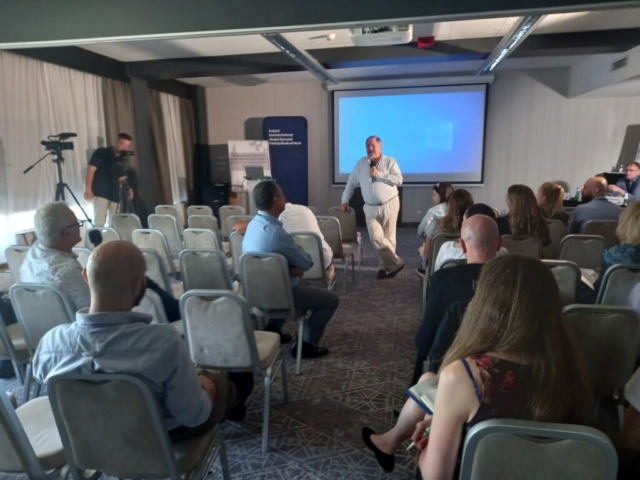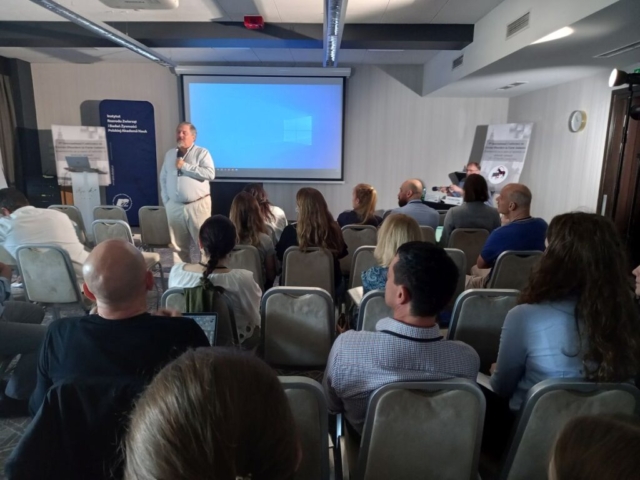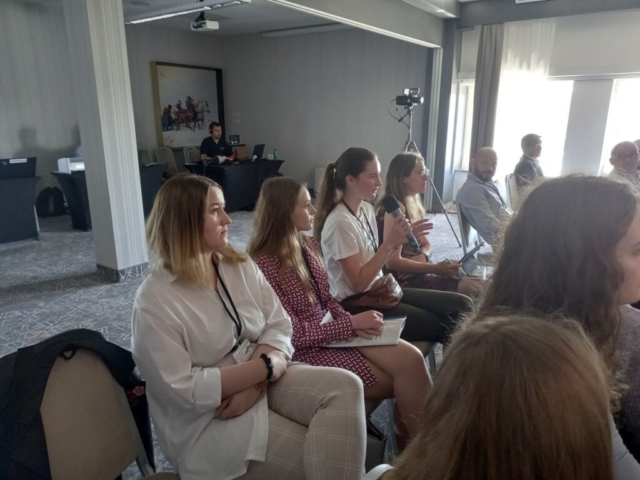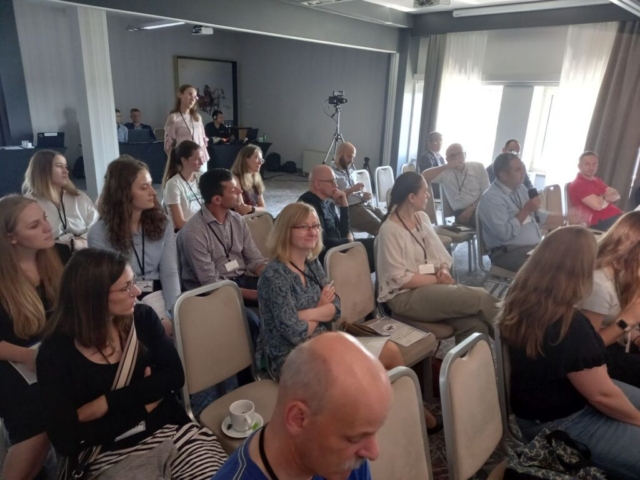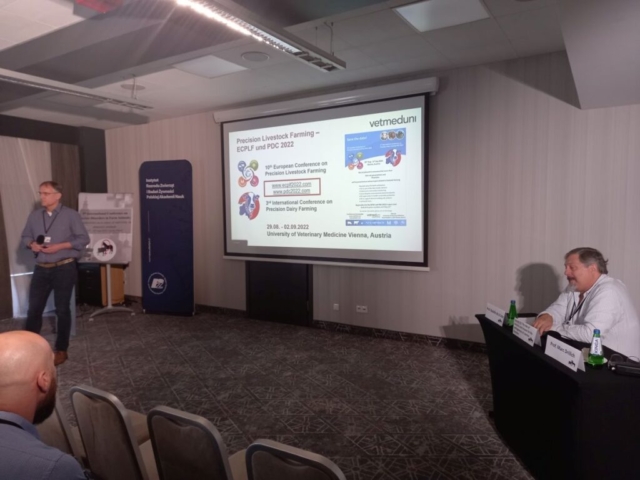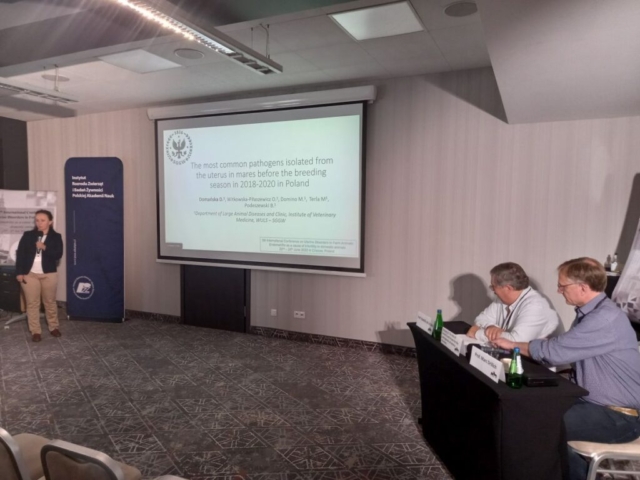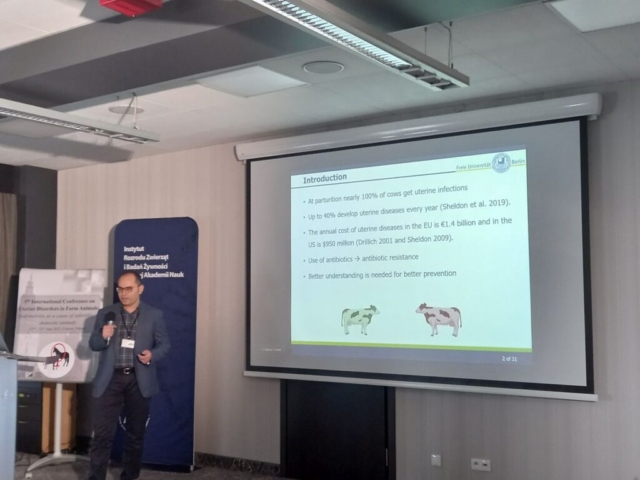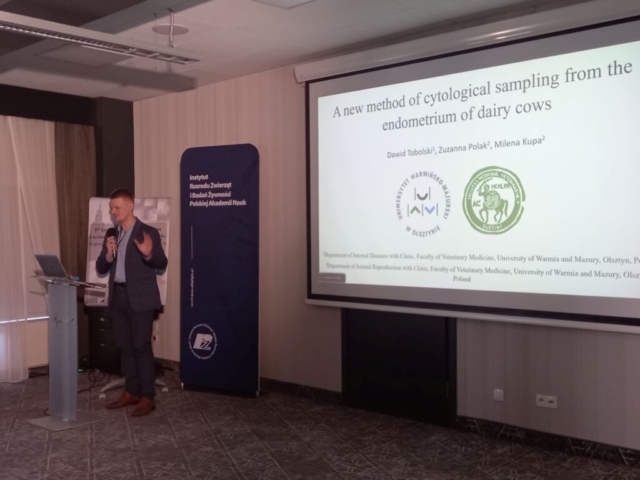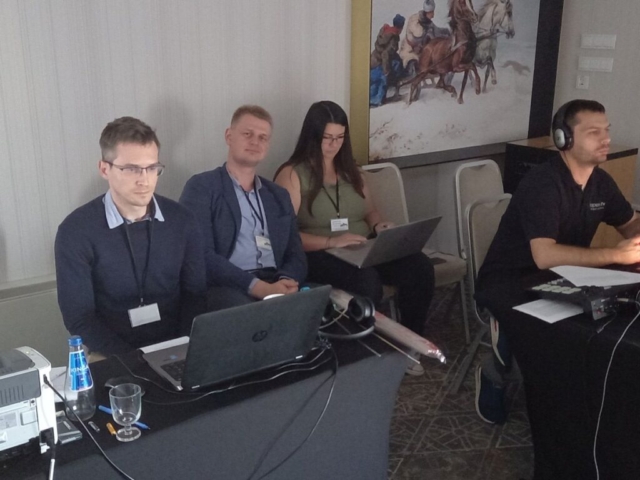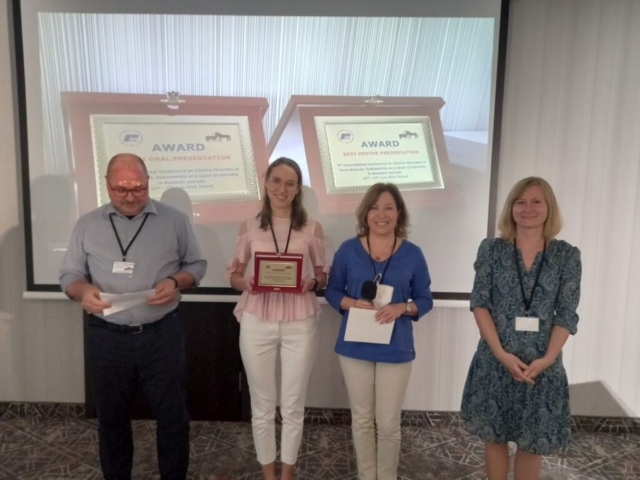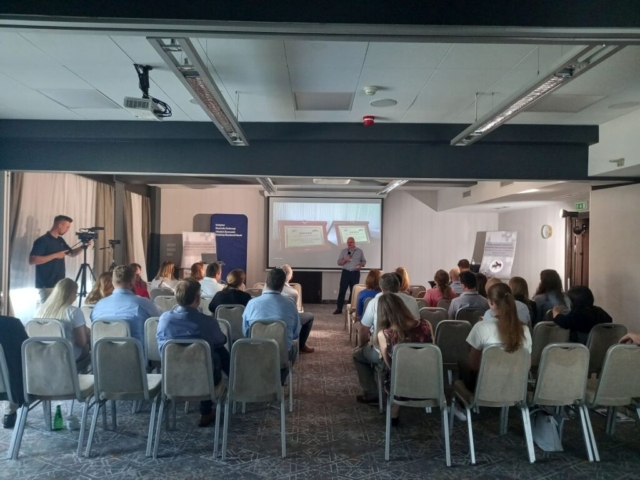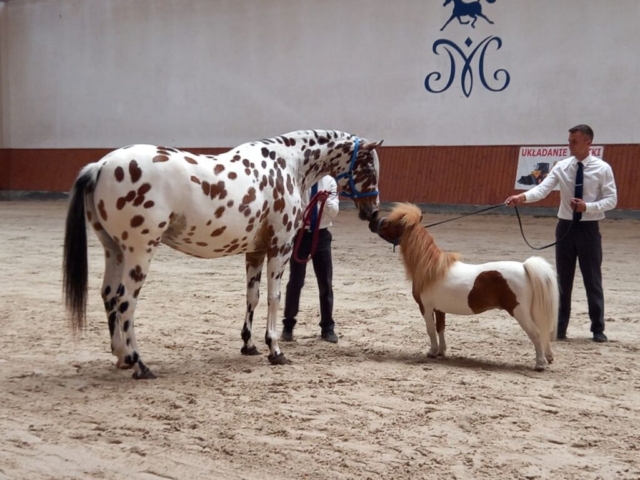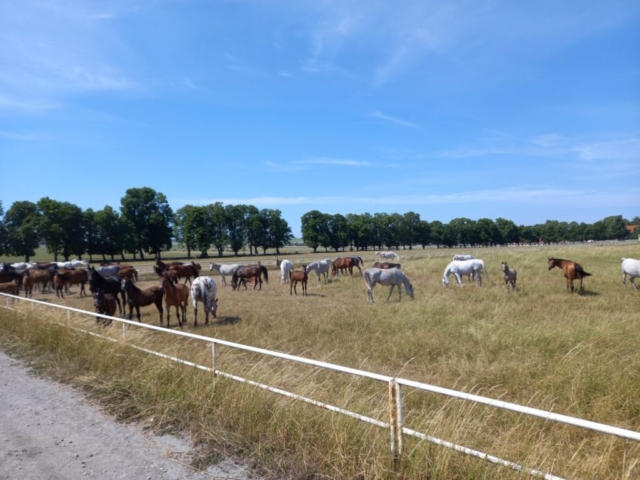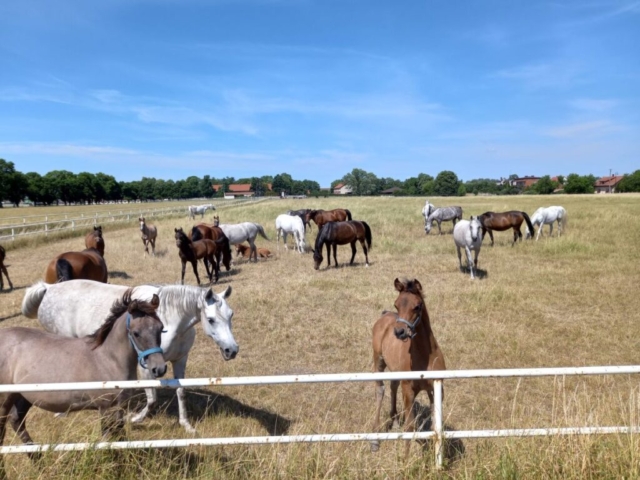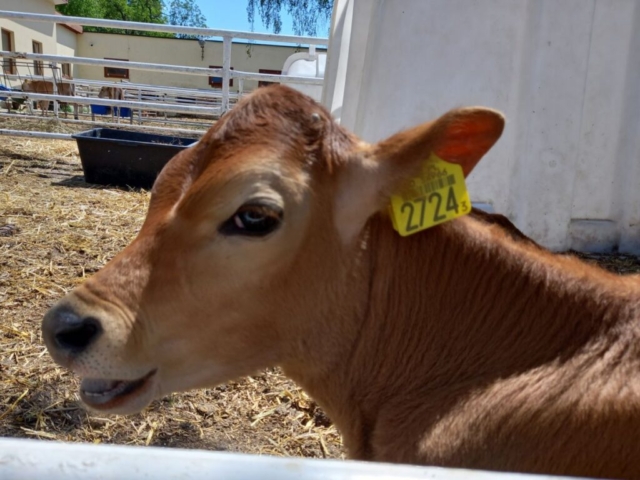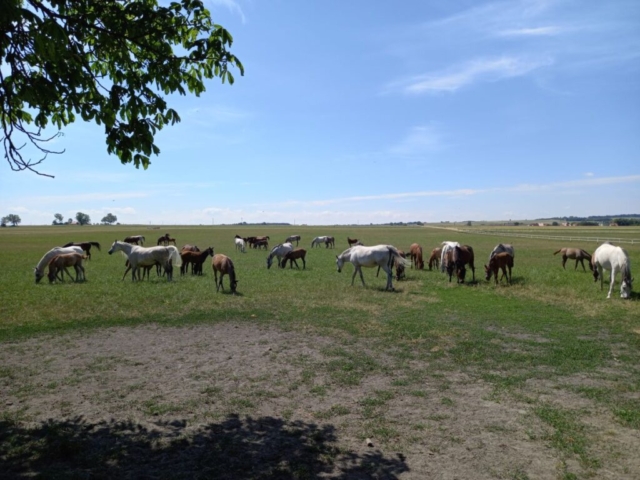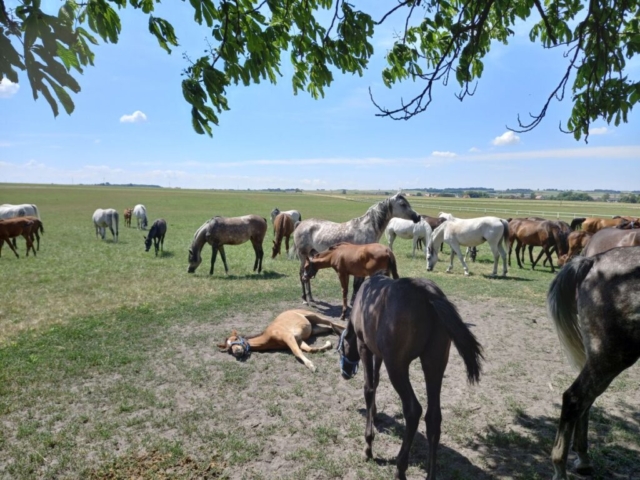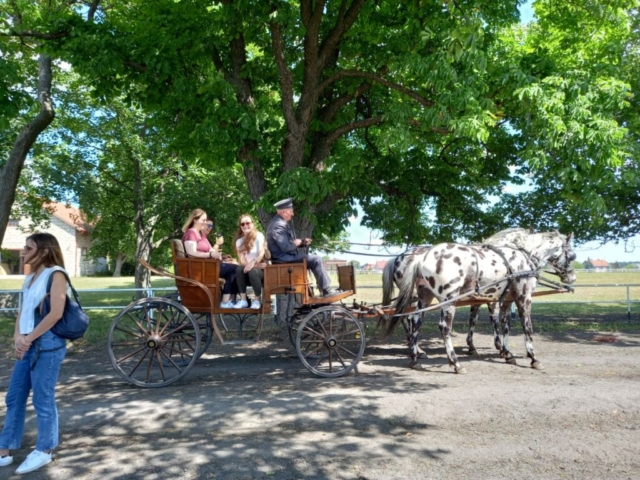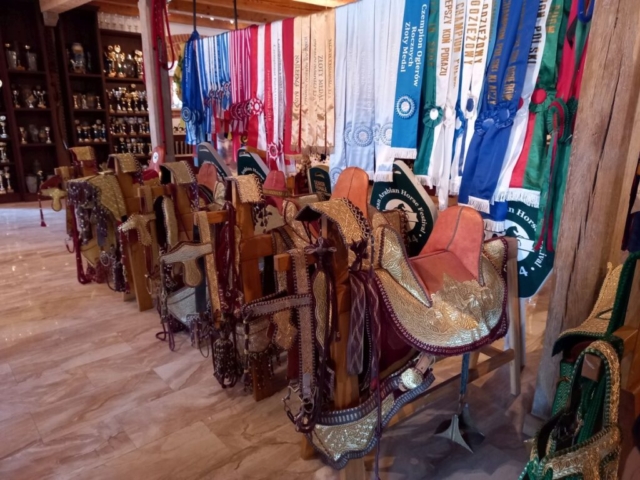5th International Conference on Uterine Disorders in Farm Animals: Endometritis as a cause of infertility in domestic animals
“The 5th International Conference on Uterine Diseases in Farm Animals: Endometritis as a cause of infertility in domestic animals” was held on June 22-25, 2022 in Krakow. The conference was organized by the Institute of Animal Reproduction and Food Research of the Polish Academy of Sciences in Olsztyn and the Faculty of Animal Breeding and Biology of the University of Agriculture in Krakow. The conference was organized with support of Minister of Education and Science and Polish Academy of Sciences. The conference was organized in a hybrid format—stationary and online—due to the Covid-19 pandemic. The Zoom technology allowed all participants who couldn’t attend the conference to see it online. There were 88 attendees, 39 of them were from nations other than Poland.
The goal of the conference’s organizers was to create a platform for open conversation that would encourage interaction between young researchers just starting in their careers and more seasoned researchers working in the fields of reproductive biology and pathology. The goal of the findings was to further science by integrating work on physiological, immunoendocrine systems regulating animal reproduction being done in Poland and in the world as well as studies on inflammation in cows and mares.
A pre-conference session titled “Genetic and biotechnological aspects of equine reproductive health – in memory of Prof. William Twink Allen” started the conference’s first day. Prof. William Twink Allen, a famous expert on the subject of horse reproduction, passed away, and this session was held in his honor. Prof. Marian Tischner gave an online lecture to started the session. In his lecture, Prof. Marian Tischner discussed his friendship and collaboration with Prof. William Twink Allen as well as some of his most significant scientific discoveries. After that, Professor Amanda de Mestre of the Royal Veterinary College in the United Kingdom gave a talk on the genetic variations of equine embryos linked to miscarriage. The next lecturer was Prof. Graca Ferreira-Dias from the University of Lisbon, who presented the results of the latest scientific research on epigenetic changes in the pathogenesis of endometrosis After that, three oral presentations by researchers from Poland and Spain were presented.
An online plenary session on “Protecting the bovine endometrium against damage caused by pathogenic bacteria” was given by Prof. Martin Sheldon of Swansea University School of Medicine in the United Kingdom began the second day of the conference. The defense mechanisms that cattle’s endometrium develops in response to harmful microorganisms were the focus of this talk. The first thematic session entitled “Pathophysiology of Uterine Functions” began with a lecture by Prof. Tal Raza of the Hebrew University of Jerusalem, Israel, on postpartum ovarian and uterine functions associated with metritis and endometritis in dairy cows. Prof. Claudia Klein from the Friedrich-Loeffel Institute in Germany then gave the presentation, presenting the most recent information on the progression of endometrosis in mares. Following that, five oral presentations from researchers from Portugal, Germany, and Poland were given.
The second thematic session entitled “Effects of uterine disorders in reproductive health of farm animals” began with a lecture by Prof. Christine Aurich from the University of Veterinary Medicine in Vienna, Austria on the effect of insemination-induced inflammatory response on later fertility in mares. Then Prof. Wojciech Barański from the University of Warmia and Mazury talked about diseases of the reproductive system in cows.
The third day of the conference began with a plenary lecture entitled “How do viruses cross the porcine endometrium to reach embryos/fetuses and cause reproductive failure?” delivered by Prof. Hans Nauwynck from the University of Ghent in Belgium. This lecture concerned the mechanisms used by viruses that allow them to get from the blood to the uterus/placenta, and then to embryos and fetuses. The third thematic session entitled “The role of bacteria and viruses for the pathogenesis of uterine disorders” began with a lecture by Prof. Rodolfo de la Sota from the Universidad Nactional de La Plata in Argentina on the impact of uterine diseases on subsequent pregnancy loss during lactation. Prof. Marc Drillich from the University of Veterinary Medicine in Vienna, Austria, then gave the lecture and discussed the most recent findings on endometritis in mares. Then, five oral presentations focusing on the role of bacteria in uterine infection were given by researchers from Poland, Austria, and Germany.
The fourth thematic session entitled Methods of diagnosis and therapy of uterine disorders in farm animals” began with a lecture by Prof. Igor Canniso from the University of Illinois Urbana, USA, discussing endometritis caused by reproduction in mares, both in the clinical aspect and their immunopathogenesis and pathobiology. Another lecturer, Prof. Geert Opsomer from Ghent University in Belgium talked about the protocols for the diagnosis and treatment of uterine diseases in cattle. Then, 5 oral presentations of researchers from Poland, Turkey, Egypt, Spain, and Germany were presented focusing mainly on biomarkers of inflammation and infection.
